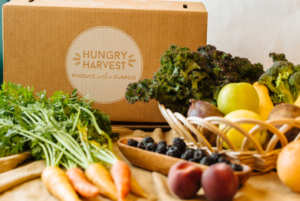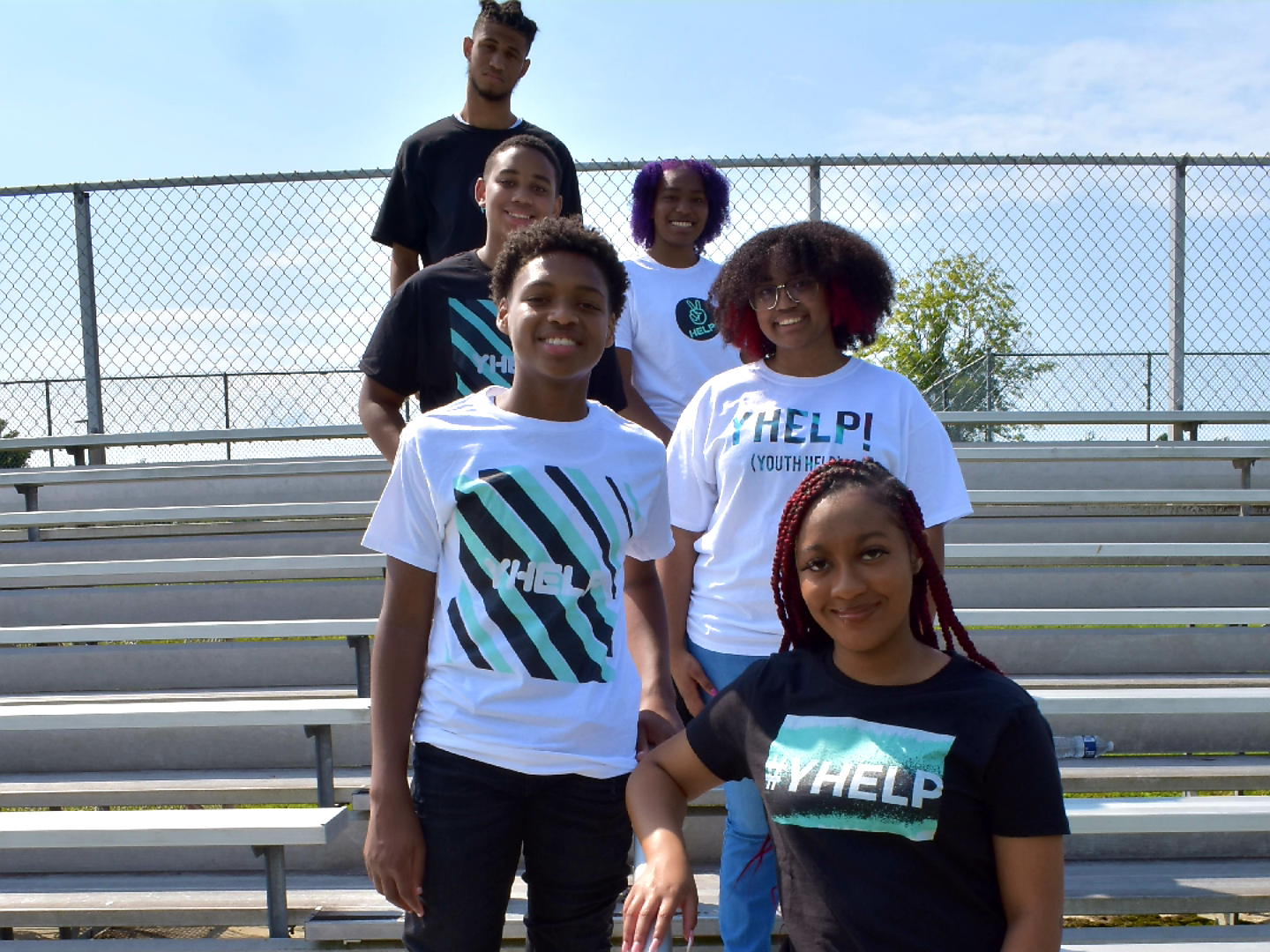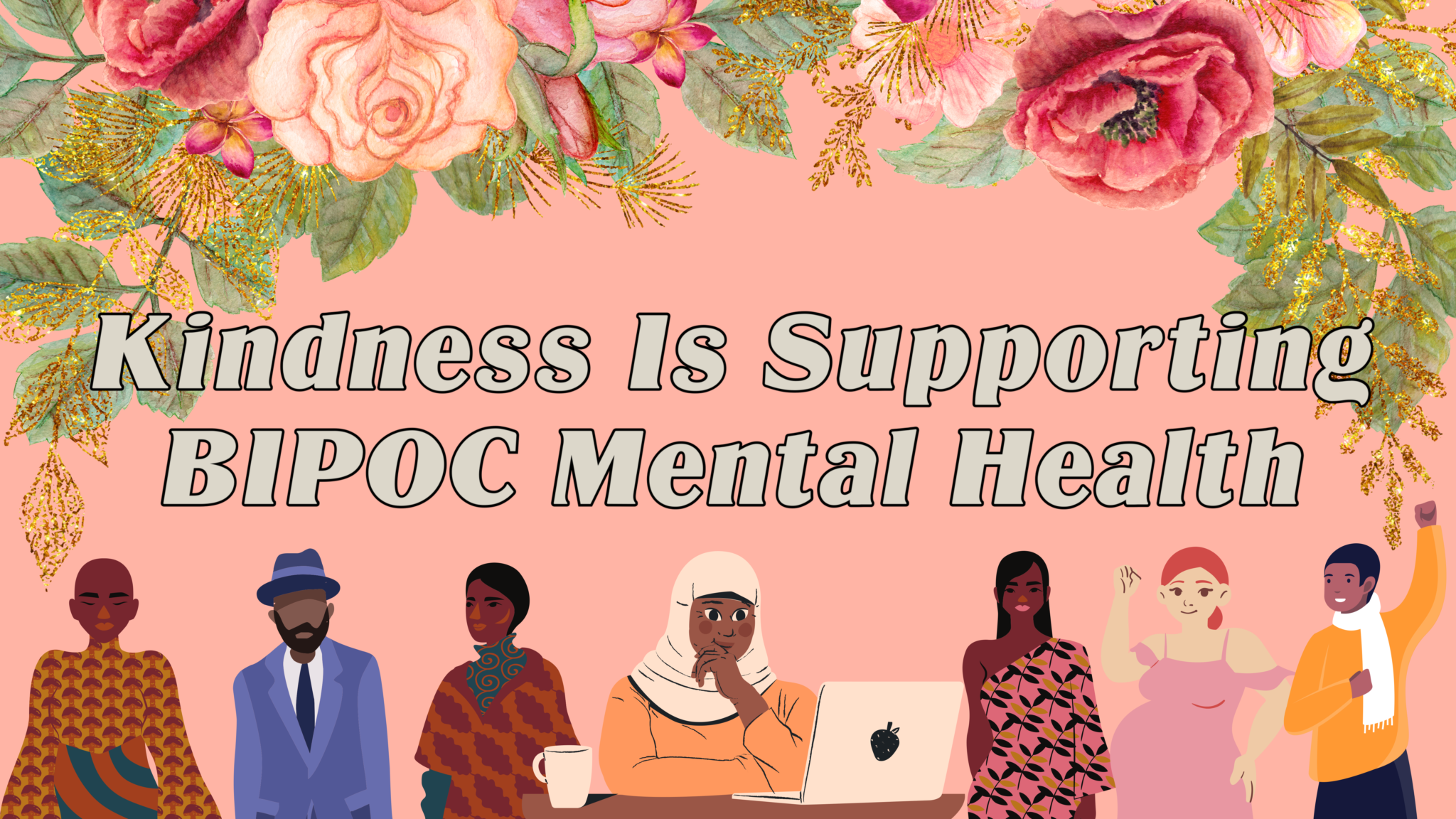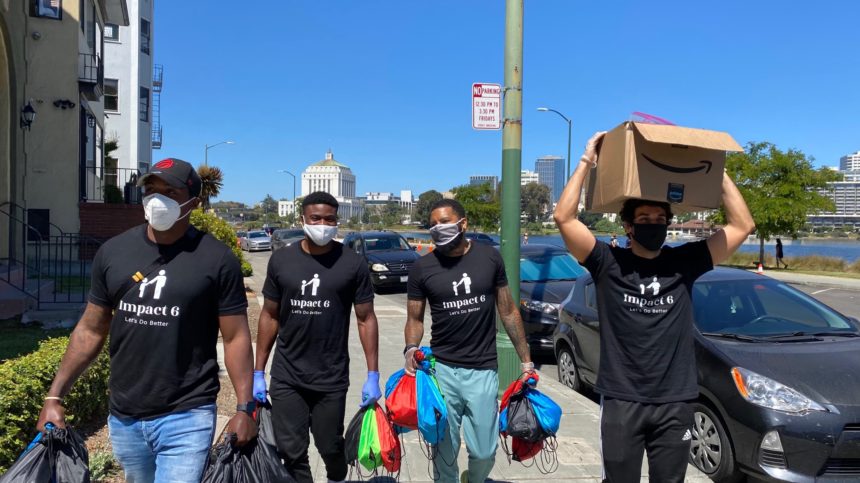They say that every dollar you spend is a vote for the world you want to live in. As consumers, we have a responsibility to shop more consciously.
Buying groceries is no different. Americans waste around 40 percent of all food in the country, and much of that waste happens before we even buy our food. Grocery stores can be incredibly picky when accepting produce from farmers. If a food item does not look like it conventionally should, meaning if it’s too big or too small, it could get thrown away.
Hungry Harvest, a Maryland-based startup, aims to fight food waste while simultaneously providing fresh produce to individuals living in communities without easy access to healthy foods, known as food deserts.
Hungry Harvest sells recovered vegetables to subscribers in Washington, DC, Virginia, Maryland, Philadelphia, Southern New Jersey and (soon) Miami. Don’t let the word “recovered” scare you. Recovered produce is fresh fruits and vegetables that are perfectly fine to eat, but would have been thrown away due to aesthetic imperfections or logistical inefficiencies. It’s the “ugly” food.
 CEO Evan Lutz started the business in his dorm room at the University of Maryland in 2014 after having a radical idea—what if, instead of throwing that food away, he sold it? He set up a small farmer’s market-type table on campus and sold his first batch within hours. He used that momentum to create a full-fledged business with 500 customers, which he increased to almost 5,000 after making a deal with Robert Herjavec on Shark Tank in January 2016.
CEO Evan Lutz started the business in his dorm room at the University of Maryland in 2014 after having a radical idea—what if, instead of throwing that food away, he sold it? He set up a small farmer’s market-type table on campus and sold his first batch within hours. He used that momentum to create a full-fledged business with 500 customers, which he increased to almost 5,000 after making a deal with Robert Herjavec on Shark Tank in January 2016.
Customers have the option to receive weekly or biweekly mini, full, or super harvests of recovered product. Users can receive all-veggie, all-fruit, or all organic orders delivered right to their doors. The most popular option is the Mini Recovered Harvest (five to seven and a half pounds of produce for $15).
Every week, the Hungry Harvest Team sends an email outlining the contents of each box and why the items were rejected. Eggplant too small to sell in stores? The HH Team thinks they’re cute. Don’t like eggplant anyway? That’s okay, customers create “Love it” and “Never” lists to identify what they do and do not want to buy. And if the box isn’t enough, they can choose add-ons ranging from recovered avocados to baked goods and jams.
Not only does this process reduce food waste, but Hungry Harvest believes in giving back to the community. Each order provides 1-2 lbs of produce for food-insecure families, and the business hosts subsidized farmers markets in neighborhoods without access to fresh food. They’ve joined with the Baltimore City Public Schools to create Produce in a SNAP, which the company describes as “A partnerships to bring fresh, affordable food to food-insecure neighborhoods to promote healthy eating and fight hunger.”
Hungry Harvest believes in doing well by doing good. As they grow as a company, they help others along the way. Buying recovered produce supports farmers who now have a chance to make up revenue that otherwise would have been lost. It decreases food waste because, instead of throwing away perfectly good food because of cosmetic issues, families in need can access them at a lower cost. And if nothing else, it saves you a trip to the grocery store.
For similar, and sometimes cheaper, prices at the grocery store, Hungry Harvest is a way to put your money towards something more than material items.
















